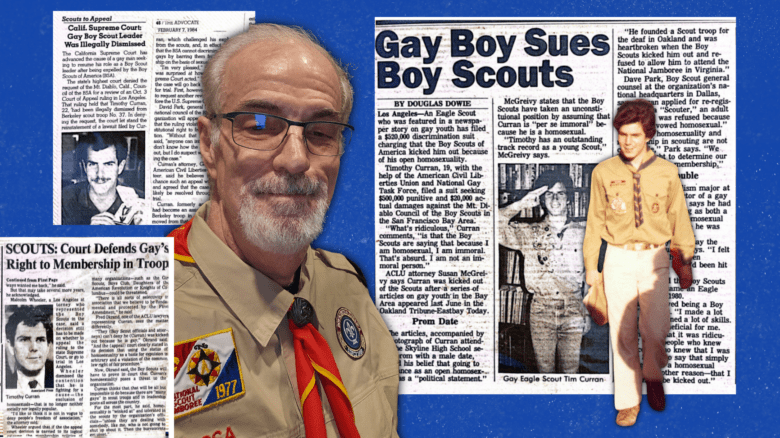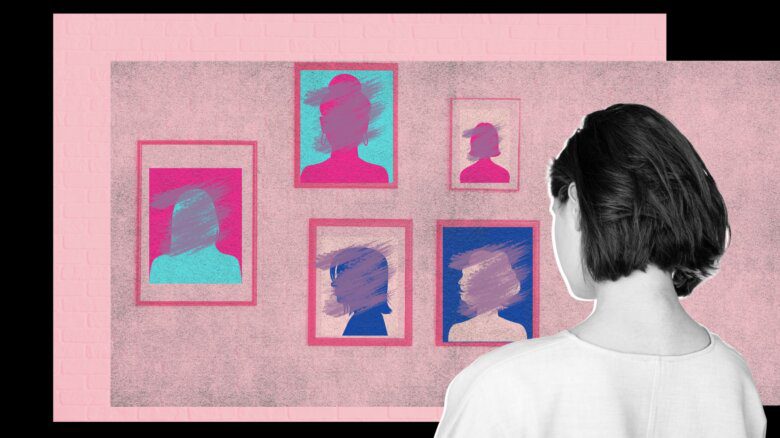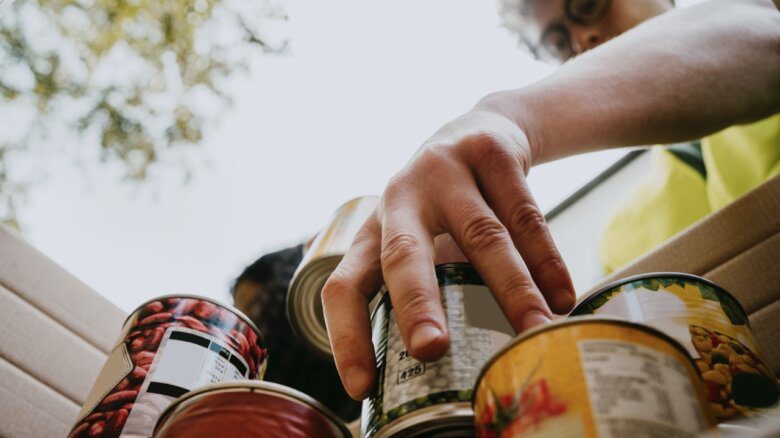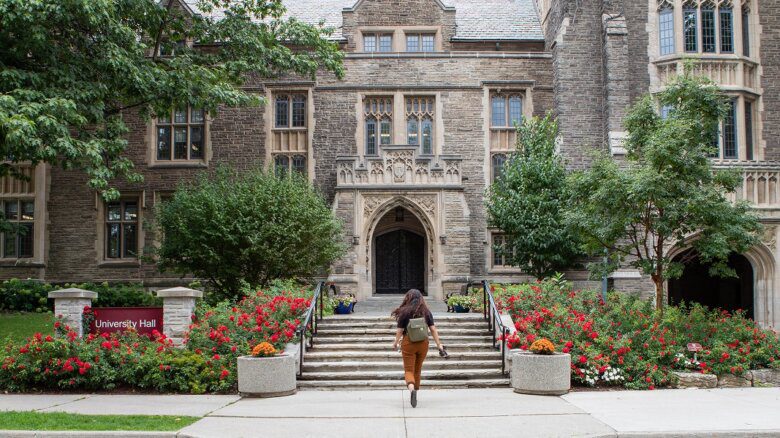Nigeria, a conservative country of approximately 200 million people, which is plagued by harsh anti-LGBTQ+ attitudes and laws, is set to host its first-ever Pride event this week. “This is one of the things about our organization,” Pride in Lagos organizer Olaide Kayode Timileyin says. “We’re just doing things we feel people should have done a long time ago.” For the Nigerian queer community, it’s been a long struggle to get to this point.
Nigeria’s Same-Sex Marriage (Prohibition) Act (SSMPA) was signed into law in 2014 by then-president Goodluck Ebele Jonathan. The law threatens a 14-year jail term for anyone caught in a same-sex relationship. In the Muslim majority north, where Sharia law often takes precedence, homosexuality is punishable by death by stoning.
Not only do these laws endanger the lives of queer people in Nigeria, they also empower homophobes to take matters into their hands; the lynching and murder of anyone who is openly queer, or perceived to be, is common. It’s just one in any number of reasons why nonprofit organizations and groups like The Initiative for Equal Rights, WHER, Bisi Alimi Foundation, QueerCity Media and others fight for minority rights in Nigeria.
“There’s Pride all across the world, and queer people in Africa wake up every day and dream of attending theirs.”
These groups focus on education and teaching about the queer community in Africa. “Our work is very rooted in Nigerian LGBTQIA history, and that’s the beautiful part of it,” says Timileyin, founder of QueerCity Media, which produces a weekly podcast that explores the lives of LGBTQ+ Nigerians.
“We noted the social gap amongst the [LGBTQ+] crowd. We noted there was a need for the education of our own community. If we need to fight for ourselves, we firstly have to re-educate ourselves. Our first 10 episodes were literally about education,” says Timileyin, who is non-binary.
Because of systemic discrimination, these civil rights groups are not allowed to be legally registered. The SSMPA calls for five years’ imprisonment for anyone who “performs, witnesses, aids, or abets” a same-sex marriage. “There’s politics everywhere, first off. There’s politics against the work we do, and there’s the politics of existence in Nigeria for any queer [organization],” Timileyin says.
In the face of such oppression, the Nigerian queer community continues to find ways to live authentically and expressively. There was a queer celebration earlier this month, Diversity Night, hosted by the Bisi Alimi Foundation. And now, Nigeria’s first-ever Pride is set to happen. Running from June 20 to 26, the week-long Pride in Lagos will feature art exhibitions, a Pride ball, a Pride village with local NGOs, the publishing of a Pride anthology and a drag competition called DragHerThon. Grindr and the Capitol Ballroom Council in Washington, D.C. are a few organizations partnering with Pride in Lagos.
“We’re doing this because we want to bring the world to Lagos,” Timileyin says. “This is a destination Pride event. We feel one of the reasons why our socio-political climate is still very strict to the LGBTQIA+ persons in Nigeria is because we’re not approaching the activism in Nigeria from the economical aspect of it.”
This isn’t the first LGBTQ+ event organized in Nigeria. In 2019, queer people spread across the country congregated in a secret underground space in Abeokuta, a city in Western Nigeria. The event, Bodies Around Olumo, named after a natural rock fortress and tourist site nearby, was successful, but the aftermath was regrettable. “After the event, my abode in Abeokuta was raided by the state police for three days, and I was shuffling between the roof of my apartment building and my friend’s house,” Timileyin says. “I’m still very traumatized by it, as I had a mental breakdown.”
The crackdown was expected, however. According to Timileyin, Bodies Around Olumo was a way of “testing the waters to see what would work and what wouldn’t.” It helped organizers determine what was possible for an LGBTQ+ event in Nigeria and across West Africa.
“The sad events that followed Bodies Around Olumo,” Timileyin says, “has had a big influence on our operational policies.” Timileyin says their group is expecting better outcomes for the Pride festivities. “We definitely can’t say we are not expecting backlash, but we can say for sure that it won’t be a crackdown. Visibility for the community has increased exponentially since we first organized in 2019, and the waters are quite less violent as compared to the past. This year’s event is held in the cosmopolitan city of Lagos, and the people’s approach to queerness is quite civil compared to Abeokuta.”
One of the events during Pride in Lagos will be a panel discussion on queer art history at an exclusive art gallery. The invite-only discussion on June 20 will take place at one of the most luxurious hotels in Lagos. There will also be an online panel on trans rights and access to gender-affirming care in Nigeria. Closing out the week will be an invite-only Pride party happening in an underground space in Lagos on June 26.
The ultimate aim of Pride in Lagos organizers is to shed more light—both good and bad—on the experiences of Nigeria’s LGBTQ+ people, and to encourage queer people outside of Lagos to also feel empowered to organize their own events. “We don’t want Pride in Lagos alone to happen. We want to attend Pride in Abuja, in Kano and even in Port Harcourt,” Timileyin says, citing both metropolitan and small cities in Nigeria. “There’s Pride all across the world, and queer people in Africa wake up every day and dream of attending theirs. Pride in Lagos is giving people a destination for them to come to.”
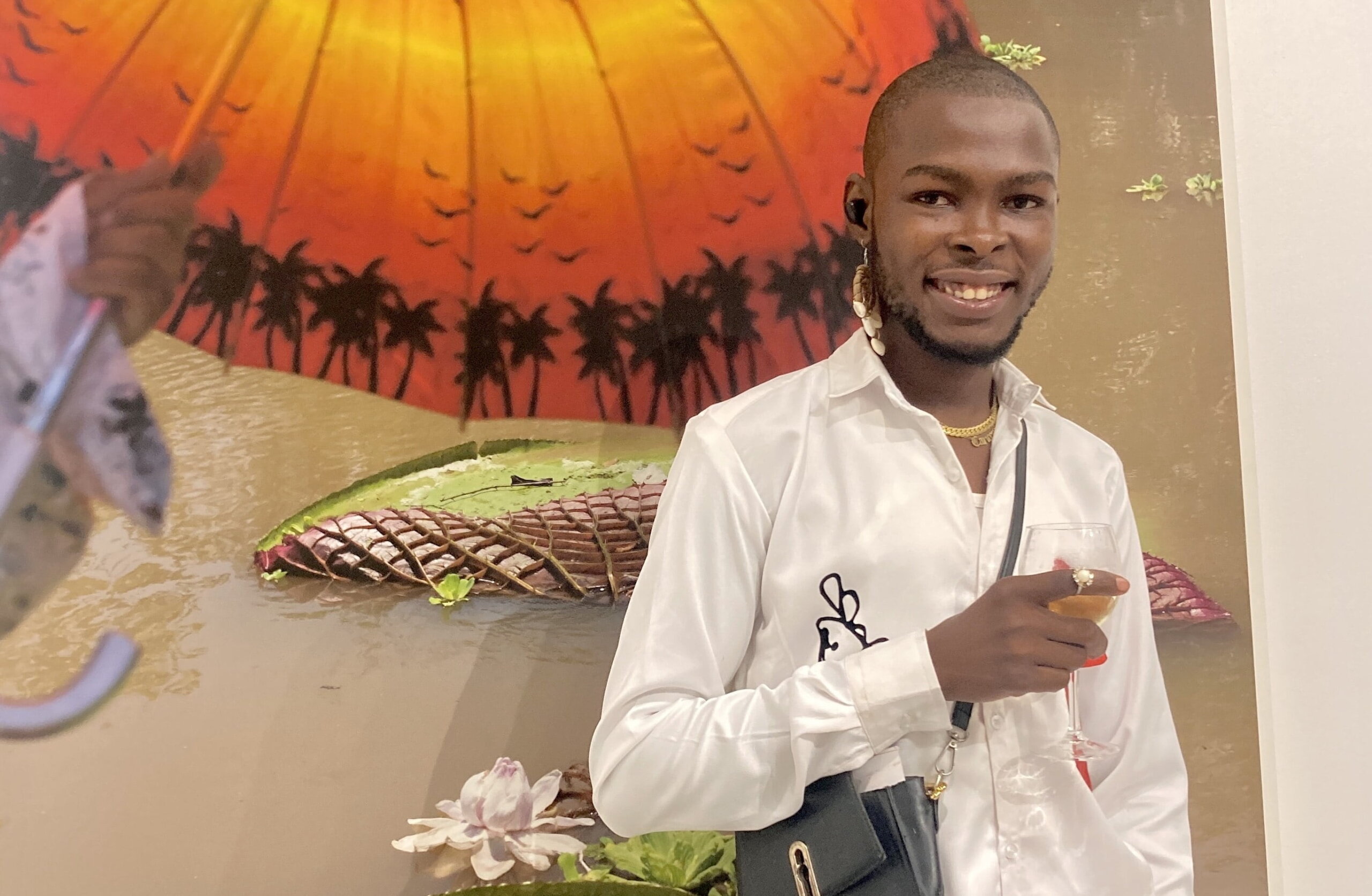
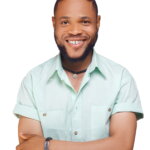
 Why you can trust Xtra
Why you can trust Xtra